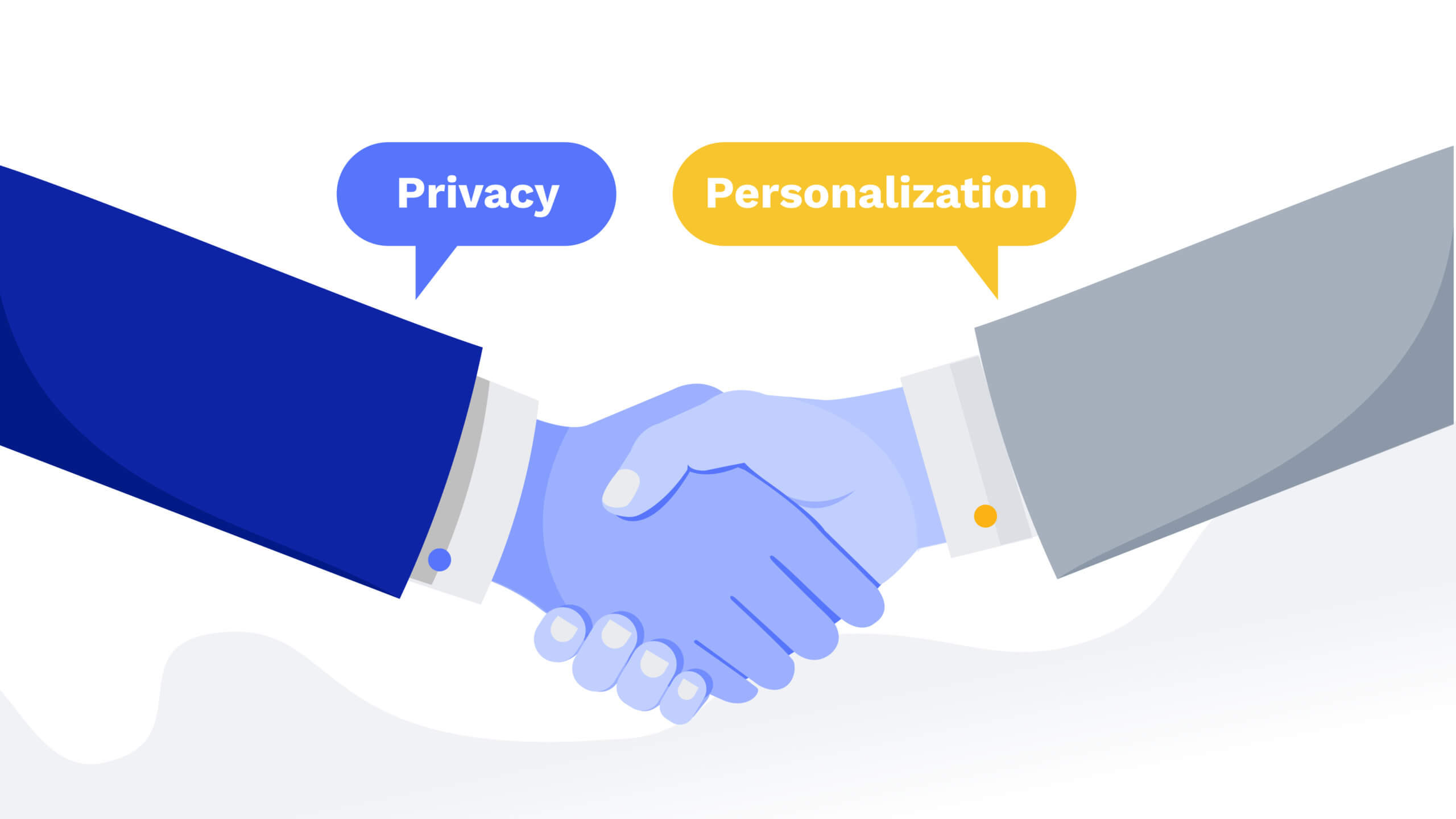How Chief Digital Officers can become the “Good Guys” of Consumer Behavior Understanding
The progression of technological innovation is resulting in increasingly more ways to generate, analyze, and, ultimately, monetize consumer data. This is especially true in the mobile device space where the prevalence of sensors in smartphones is resulting in increasingly more sophisticated devices that are able to record personal movement and behavior. But with the increase in data – and particularly, sensitive, private information – comes the inevitable questions of how to leverage that data while remaining compliant, building trust with customers and respect their privacy. The responsibility of answering these new and challenging questions frequently falls on the shoulders of a company’s Chief Digital Officer.
Chief Digital Officers (CDO) are often charged with finding innovative solutions for their employers and for their end customers. Part of their responsibility is to balance adhering to their business’s goals while ensuring their customers remain happy. It is a difficult task compounded by the fact that collecting and monetizing data has historically been viewed as counter to consumer privacy. But due to increases in regulation, as well as consumer awareness, balancing the monetization of customer data with maintaining consumer privacy has never been more important.
Due to the impacts of GDPR, the privacy debate is particularly prominent for European companies as well as industries that count EU companies and consumers among their customers. But similar regulations coming to many other countries, including the U.S.
Fortunately, the advent of new technologies like Edge AI are making this task not only manageable, but more productive for both businesses and consumers alike.
Edge AI is one of the latest advancements in artificial intelligence. These solutions place artificial intelligence and machine learning algorithms directly onto the edge devices (i.e. smartphones). These solutions can facilitate better privacy while also leveraging the information a customer’s phone is constantly gathering about them. Historically, understanding how to keep consumers engaged and interested in a company’s offers has necessitated extracting their private data and have a decision engine or model in the backend, deciding what offers to push them. However, through Edge AI, it is possible to eliminate this tradeoff, by pushing these models and decision engines into edge devices. All private data can remain on the phone itself under the consumer’s full control, and there is no need to transfer it to any unknown remote cloud in order to provide personalized targeting.
Anagog’s JedAI solution is a great example of tomorrow’s Edge AI that is available today. It is an SDK (Software Development Kit) that resides on a smartphone and enables the phone to learn its owner’s profile. Customers carry their phones everywhere they go. The sensors in smartphones are advanced enough to determine frequently visited spots, such as the parking lot at work, the office, the gym, the grocery store, home, etc. Anagog’s JedAI solution uses the information gathered from the phone’s sensors to build a profile of the customer and routine. Due to the sophistication and specificity of this profile, Anagog’s solutions can enable the phone itself to pull relevant offers at the right place and at the right time, without compromising the consumer’s identity. By understanding the customer’s activities, whereabouts, and profile, JedAI can provide greater insights and even predict what the consumer is likely to do next — all in real-time, and all on the phone itself. This specificity has the potential to generate substantial ROI and improved customer long-term value. From the customer perspective, this is an opportunity to put the customer in the center and provide her with significant value. Great customer experience with the next generation of personalization on the one hand; and empower them with full control over their data and privacy.
Because the information is gathered and assessed directly on the consumer’s phone – and not automatically shared with the business or stored in the cloud – the consumer’s sensitive information remains completely private and should never leave the phone. With JedAI, consumers can choose to share additional information with a business, if they believe they get the right value for it, but there is no requirement to do so. Even if a consumer opts not to share personal identifiable information (PII) with a company, the phone can still create the user profile on the phone, which would enable hyper-personalized offers and services. With JedAI, a company no longer requires to extract consumers’ PII in order to send relevant and contextual offerings from the company’s servers.
Anagog’s JedAI operates at the intersection of privacy and functionality. This new paradigm will shift the focus from marketers knowing their customers directly and bombarding them with generic offers to empowering consumers by enabling them to maintain control of their private information. It will simultaneously enable companies to send highly relevant offers to the right consumers at the right time. It has the potential to increase ROI, consumer loyalty, and brand perception.
By learning about and introducing Edge AI, the Chief Digital Officer has the potential to create positive change within their organization and substantially impact their business. To learn more about becoming one of the good guys in consumer profiling, give our JedAI Edge AI solution a look!

